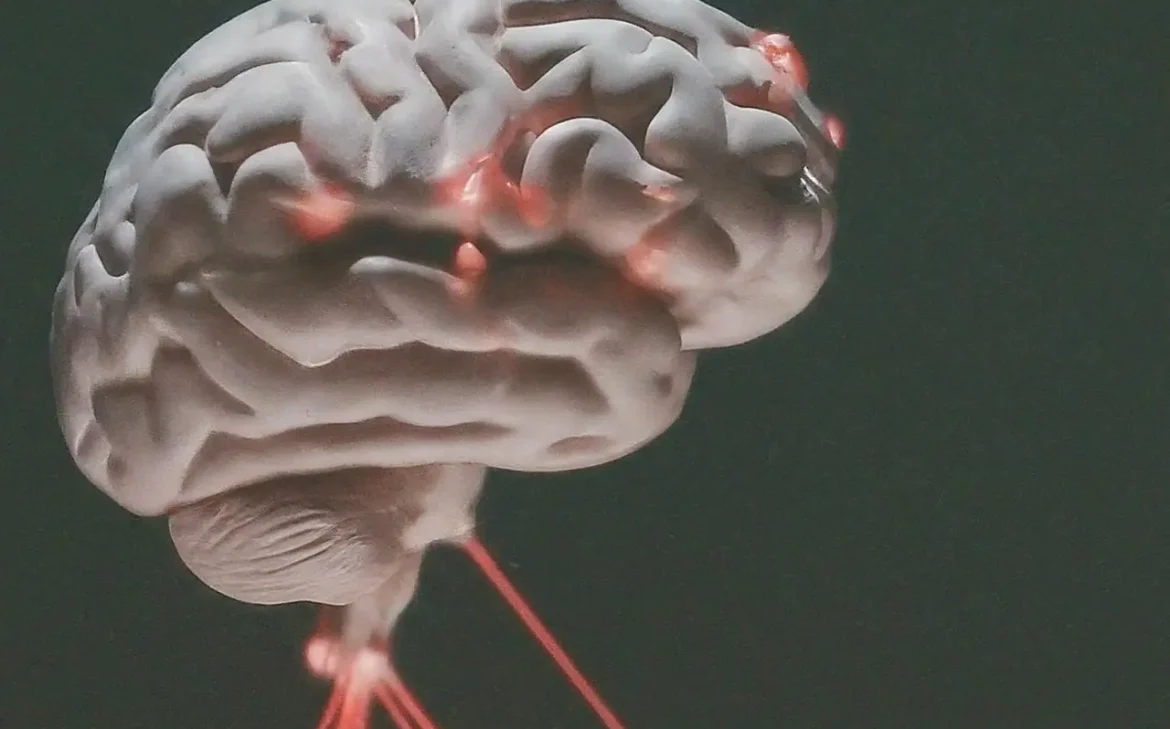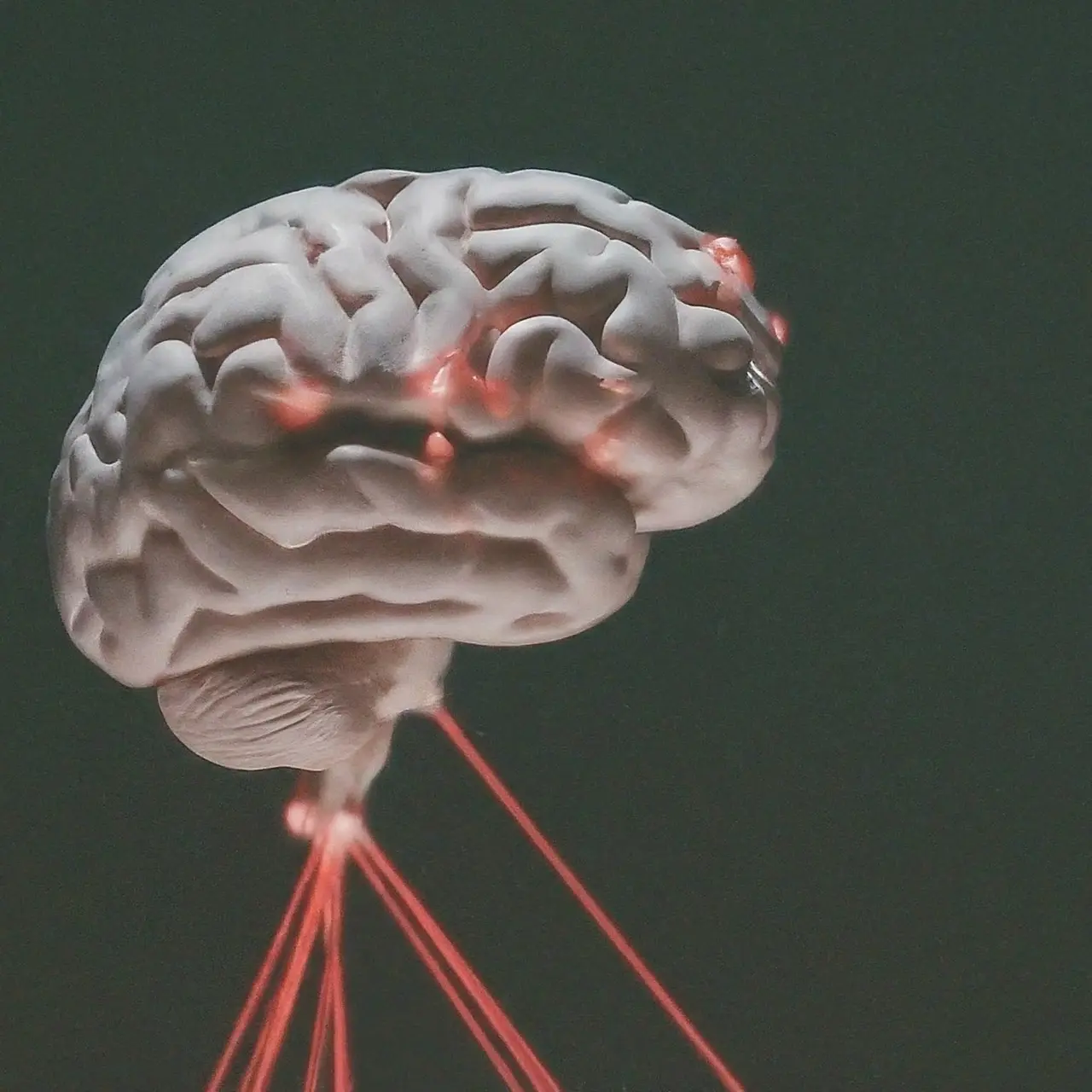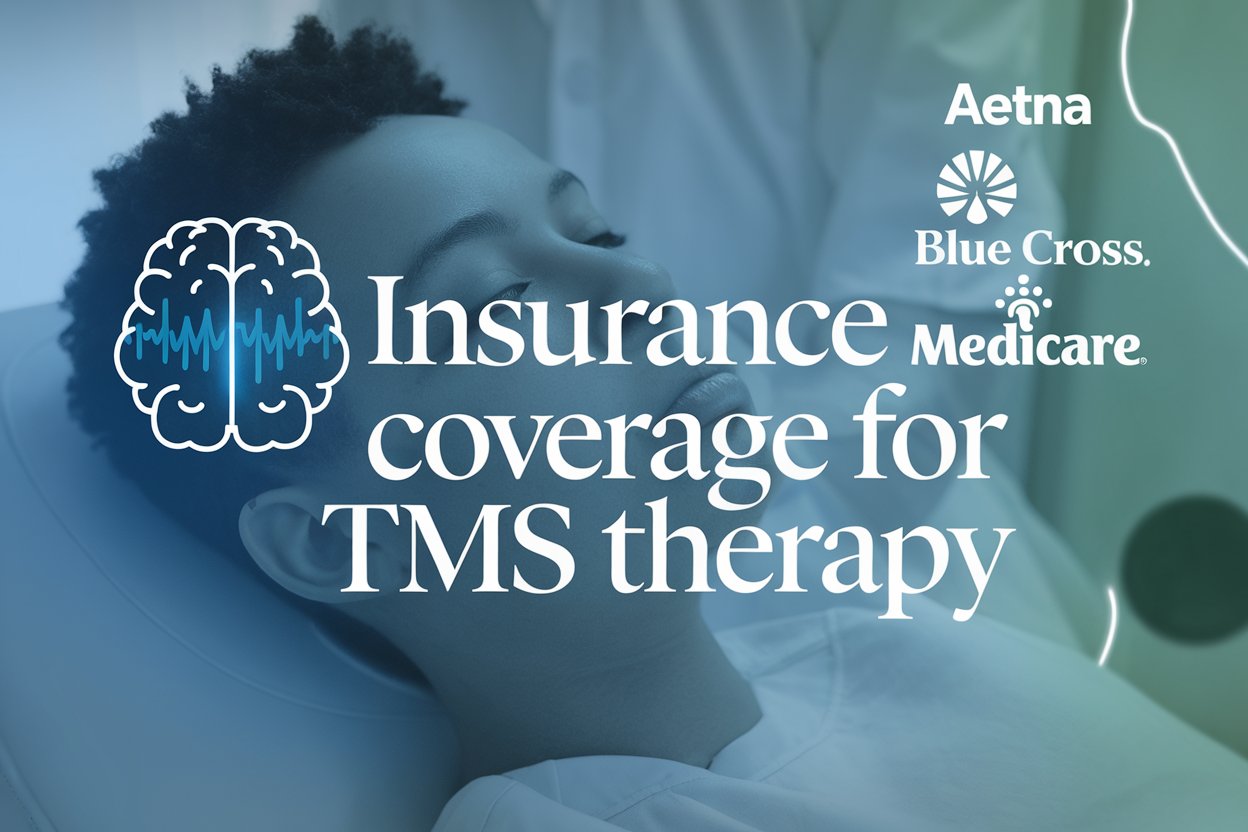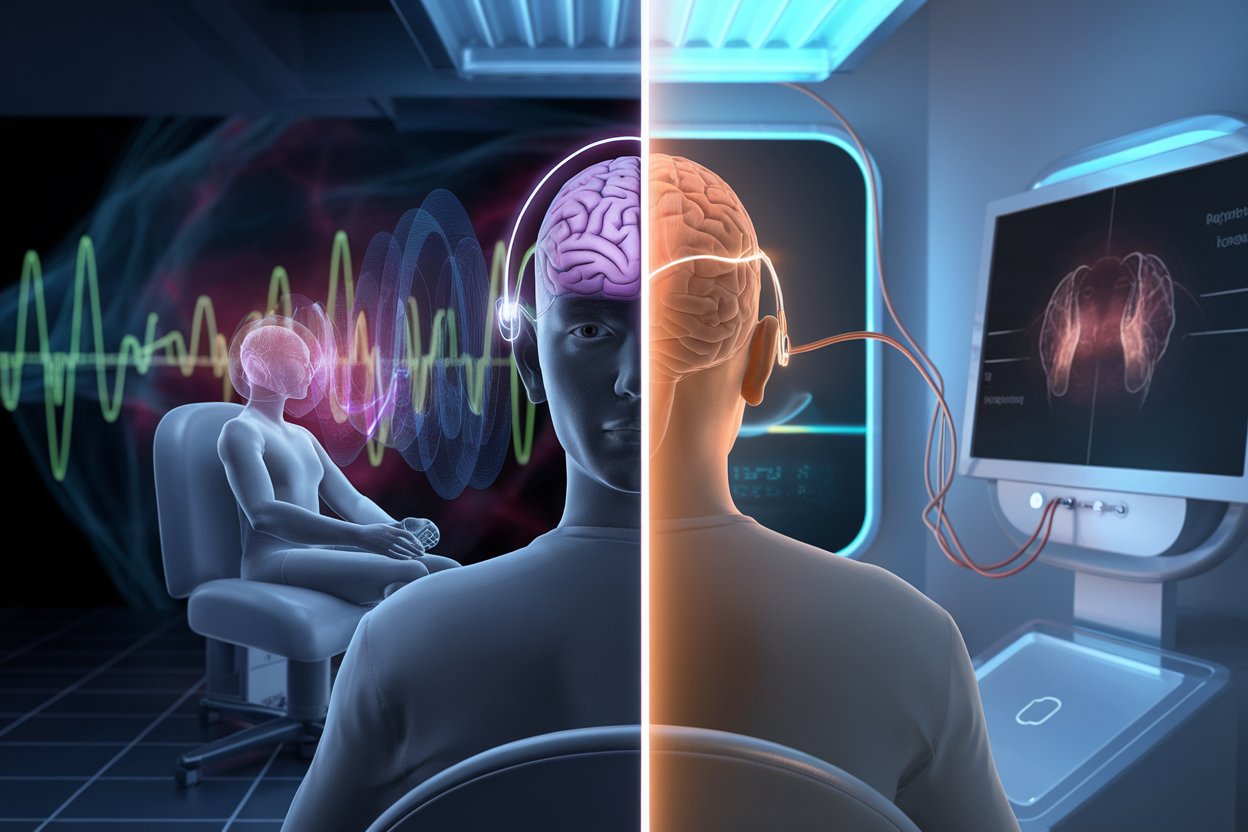Transcranial Magnetic Stimulation (TMS) and other new treatments are helping to make the future healthier and better. Mental health is finally getting the attention it deserves. It is important for everyone, from people who are having mental health problems to people who want to learn more about new treatment methods, to understand how TMS treatment plans can change the way mental health care is provided.
Understanding TMS: A Glimpse into the Future of Mental Health Treatment
Transcranial Magnetic Stimulation (TMS) isn’t just a new medical technique; it’s a sign of hope for millions of people who are having mental health problems. Imagine a time in the future when depression, anxiety, and other mental health problems are not only easier to deal with, but also a lot better. Thanks to TMS, that future is now possible. TMS is a non-invasive, drug-free way to treat mental health problems. It does this by using magnetic fields to stimulate parts of the brain that are involved with controlling mood.
Realising that TMS has the power to change lives is the first step towards understanding it. Lots of people have tried traditional treatments but they haven’t worked, so they are looking for other options. TMS stands out not only as an option, but also as a tool that can change things and start a new era in mental health care. Each session brings patients one step closer to the better side of mental health. This makes it possible for the fog of mental illness to lift more easily in the future.
The Science Behind TMS: How It Works
More research into the science of TMS is like figuring out the brain’s mysteries. Basically, TMS uses magnetic pulses to target parts of the brain that are involved in controlling mood. To help the brain heal itself, these pulses increase the activity of neurones. Actually, it’s not science fiction; it’s based on solid research. Targeted treatment is possible with TMS therapy because it stimulates only the right parts of the brain.
Crafting a TMS Treatment Plan: What to Expect
Beginning a TMS treatment plan is a path to healing and hope. Each person has a treatment plan that is as unique as they are and is made to fit their needs. At the start, patients go through a full evaluation to figure out the best way to treat them. This involves making a map of the brain’s structure and how it works. This lets the person get a personalised treatment plan that gets to the bottom of their mental health problems.
Patients can look forward to going to regular sessions for four to six weeks as part of their treatment. These sessions, which last between 30 and 60 minutes on average, are meant to be manageable and not get in the way of daily life too much. Because TMS is non-invasive, patients can go back to their normal activities right away after each session. This makes it a good choice for people who want an effective mental health treatment that is also easy to use.
Personal Stories of Transformation: The Real Impact of TMS
Listening to the stories of people who have had TMS treatment is both moving and educational. Alex, who had intense depression for many years, has one of these stories. It didn’t help Alex much that traditional medicines and therapy didn’t work. He felt hopeless. On the other hand, the depression started to clear up after starting TMS treatment. Alex says that he feels “renew[ed]” and joyful in activities and connections that used to seem far away. This incredibly powerful change shows how TMS therapy can change people’s lives.
Navigating Challenges and Considerations in TMS Therapy
Even though TMS therapy has a lot of potential, it’s important to know what it can’t do and what problems it can cause. In this case, TMS is not a one-size-fits-all solution; it works best for certain types of mental health problems. Like all medical treatments, it may also cause side effects, though these are usually mild and only last a short time. Having realistic goals and working closely with a qualified healthcare provider can help you get through these problems and get the most out of TMS therapy.
Comparing TMS to Traditional Mental Health Treatments
There is a huge difference between TMS and other mental health treatments. Some people can get better with traditional methods, but they often have a lot of side effects or require taking medicine for a long time. TMS, on the other hand, is an alternative to drugs that works on the biological causes of mental health problems. This direct approach not only reduces side effects but can also lead to long-lasting improvement. This makes TMS a good choice for people who have tried other treatments but haven’t had any luck.
Preparing for Your TMS Journey: Steps to Take
The first thing you should do if you’re thinking about TMS is to talk to a doctor who specialises in it. They can give you ideas about how TMS could fit into your overall plan for mental health care. Next, you should do some research and choose a clinic with experienced doctors that has a good reputation. Finally, it’s important to get your mind ready for the trip ahead. Although TMS therapy has the potential to greatly enhance one’s mental health, the treatment will work even better if the person goes into it with an open and positive attitude.
The Future of Mental Health: The Evolving Role of TMS
The field of mental health care is changing, and TMS is a big part of how it will change in the future. More people are talking about their successes with TMS, and more research is being done on it. This new method is becoming more popular. This trend points to a future where TMS is not just an option, but a mainstay of mental health care, giving people who are struggling with their mental health new hope and options for getting better.
Embracing the Future of Mental Health Care
Finding your way through the complicated world of mental health treatments can be hard, but the promise of TMS treatment plans is a bright light. People who have mental health problems who adopt this new way of doing things could experience unmatched improvements in their quality of life. The field of mental health care is growing as we learn more about and improve TMS therapy. This brings us closer to a world where everyone can get mental health care that is accessible, understood, and effective.






